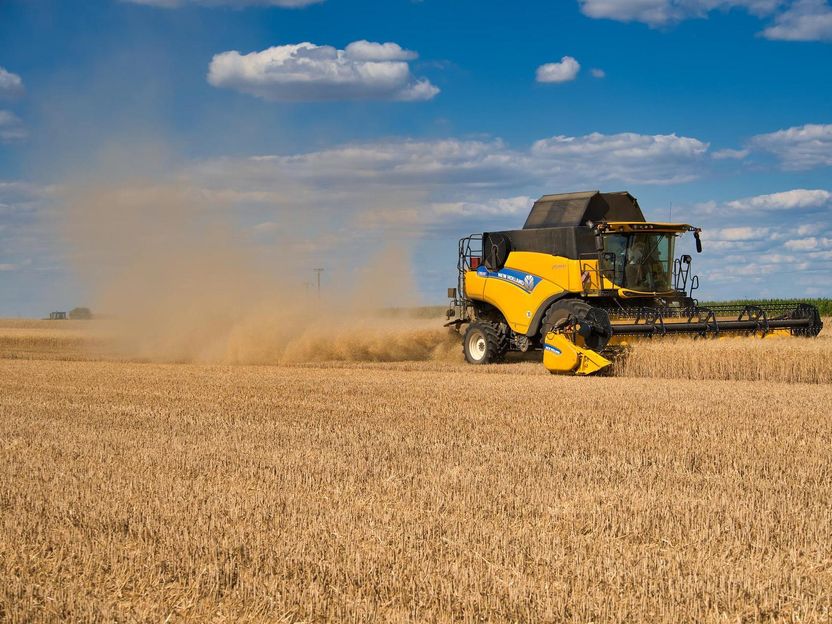Global trade not self-sufficiency is key to overcoming food shortages in times of war and crisis
IAMO Policy Brief 44 examines the effects of the war in Ukraine on global food markets
Russia’s invasion of Ukraine has sent prices soaring for agricultural commodities such as grains, vegetable oils and fertilizers. This could destabilize food security, particularly in import-dependent countries in the Middle East and North Africa (MENA region). In the latest IAMO Policy Brief 44, Thomas Glauben, Miranda Svanidze, Linde Götz, Sören Prehn, Tinoush Jamali Jaghdani, Ivan Duric and Lena Kuhn assess the current situation on the global wheat market.
The war in Ukraine has aggravated existing tensions on global food markets that can likely be traced back to the COVID-19 pandemic. Since late 2021, prices for agricultural commodities such as grains and vegetable oils have reached record highs, surpassing even the levels of the global food price crises of more than a decade ago. Now, Russia’s invasion of Ukraine has sent prices soaring even higher. This risks destabilizing food security in import-dependent countries with low per capita incomes, especially in the MENA region and sub-Saharan Africa, that source their wheat from Russia and Ukraine. Disruptions to exports from the Black Sea Region and high prices are further compounding the already critical food situation in these regions.
However, global demand for wheat is expected to be met in the current marketing year and countries such as India, the USA and Australia will increase exports to fill the supply gap left by Russia and Ukraine. It is difficult to predict what will happen beyond this marketing year, as this will be determined by the development of the current conflict in addition to agricultural fundamentals in key supply and demand regions. However, preliminary forecasts do not predict dramatic changes in the global trade volumes of key agricultural commodities in the coming marketing year. Nevertheless, international agricultural trade flows may have to adapt, which could have negative consequences. Prices are not expected to fall any time soon and consumers, particularly in developing countries, will be expected to carry the burden. European agriculture and consumers are not predicted to experience any major changes in the medium term.
Open and competitive global trade is needed to overcome (potential) trade disruptions and create supply structures that can easily adapt to shocks, no matter the cause. Calls to move towards a centrally planned economy, isolation or self-sufficiency are strongly advised against, as this would only be to the detriment of food security in the Global South.
“Even if exports from other countries can offset trade disruptions in the Black Sea Region, geopolitical efforts must be made to ensure that Ukraine and Russia remain key parts of the world agricultural trading system. This is the only way to achieve global food security. Their high production and export potential bolsters the ‘safety net of international agricultural trade’ and contributes significantly to combating hunger in the Global South,” says IAMO Director Thomas Glauben.

Anrita1705 / Pixabay
Most read news
Organizations
Other news from the department science

Get the food & beverage industry in your inbox
By submitting this form you agree that LUMITOS AG will send you the newsletter(s) selected above by email. Your data will not be passed on to third parties. Your data will be stored and processed in accordance with our data protection regulations. LUMITOS may contact you by email for the purpose of advertising or market and opinion surveys. You can revoke your consent at any time without giving reasons to LUMITOS AG, Ernst-Augustin-Str. 2, 12489 Berlin, Germany or by e-mail at revoke@lumitos.com with effect for the future. In addition, each email contains a link to unsubscribe from the corresponding newsletter.



























































